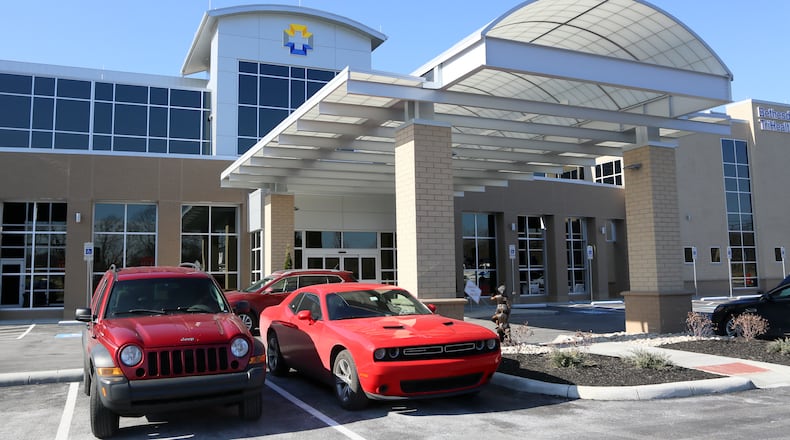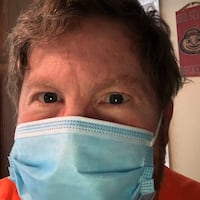“Our little Bethesda Butler Hospital became a comprehensive stroke center two years ago,” said Naomi Colon, a nurse educator there, “and recently became a primary stroke certification center.”
“That helps us to be able to take care of the community better,” Colon said. “Before that time, we were not able to have a neurologist as needed.”
Now, a neurologist is on call at all hours via telemedicine to provide guidance for stroke patients.
The primary stroke certification also allows the hospital’s intensive care unit to administer, the so-called “clot-buster” medicine, Tissue plasminogen activator (tPA), an intravenous drug given for strokes that are caused by blood clots. The sooner such drugs are administered, the more likely patients are to have more complete recoveries.
The hospital system said the improved treatment abilities not only give local patients a better likelihood of recovery from strokes that have just happened, but also prevents patients and their families from having to travel farther for care.
According to Cardiology Today, almost 120 million brain cells die per hour during a stroke, and he brain ages 3.6 years each hour without treatment.
The hospital is in Hamilton’s Enterprise Park neighborhood, at 3125 Hamilton-Mason Road, and has 46 beds, with approximately 500 employees.
Fort Hamilton Hospital, now Kettering Health Hamilton, in 2019 worked with Hamilton firefighters and paramedics to create an EMS-to-hospital notification system that lets doctors at the hospital see a patient’s health information, including the ability to see heart rhythms, minutes before the ambulance has reached them.
About the Author

